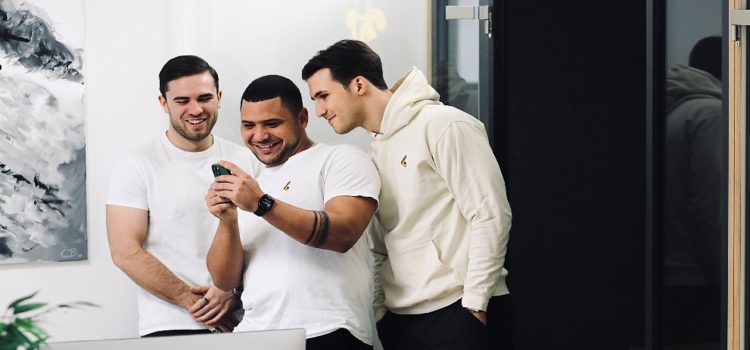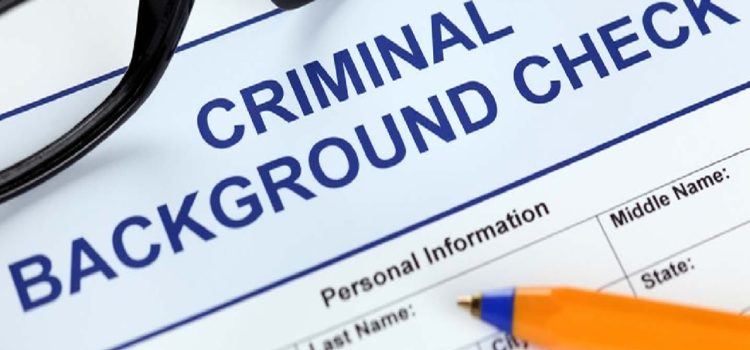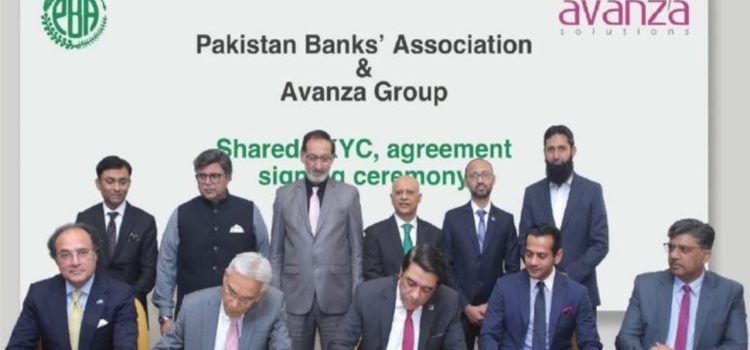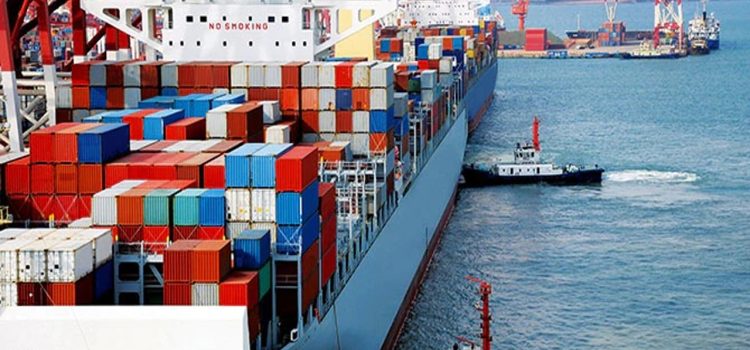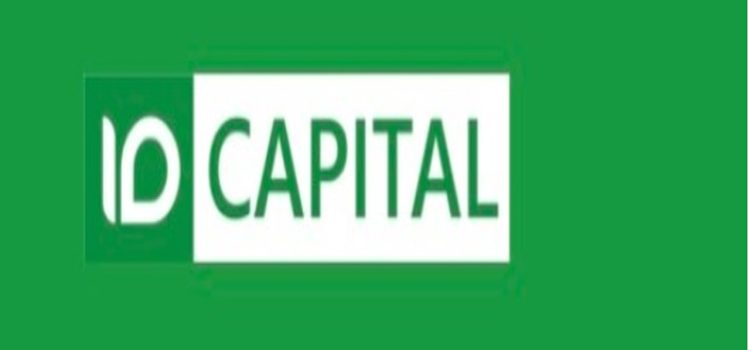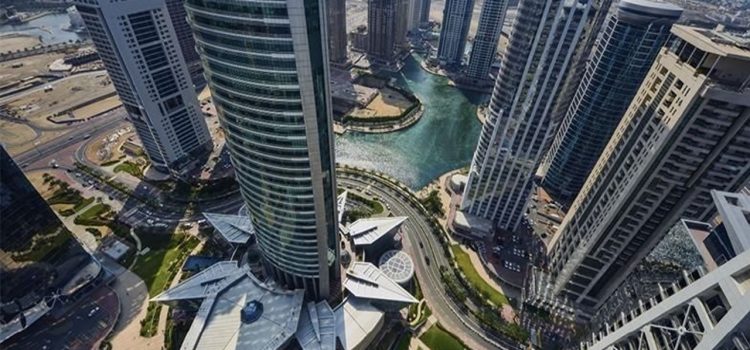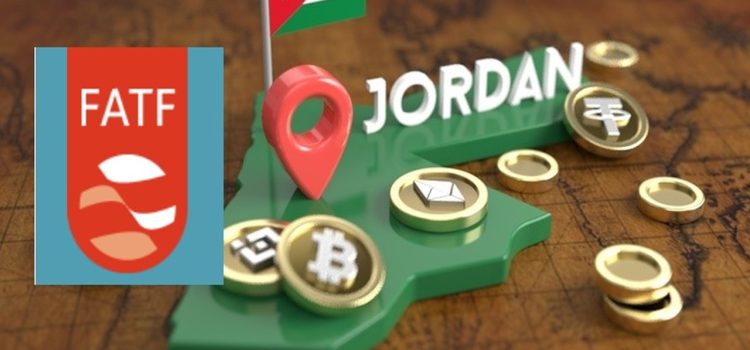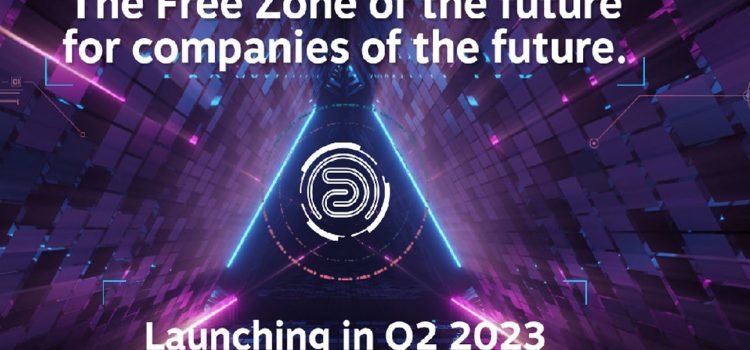
UAE based nealthy, a Web3 startup for investing in NFTs and cryptocurrency, has raised $1.3 million in pre-seed funding. Nealthy will use these funds to grow a core team, hire talent, and boost sales & development.
nealthy offers index tokens that enable investors to enter Web3 markets quickly and worry-free. Index tokens replicate the structure of classic exchange-traded funds (ETFs) by storing multiple virtual assets, diversifying the portfolio in case of unexpected market shifts. Moreover, index tokens like nealthy’s $NFTS retain real underlying value, with $NFTS being pegged 1:1 to blue-chip NFTs.
Co-founders Ludwig Schrödl (CEO), Zied Said (CTO), and Tim Pascual (CMO) established nealthy after observing a gap in the market for diversified index tokens. With backgrounds that unite finance, data science, and a deep knowledge of virtual assets, the co-founders’ expertise will keep investors at the forefront of a rapidly expanding market.
Although the founders’ origins lie in Germany and Tunisia, nealthy is incorporated in Dubai so that investors can benefit from a world-leading, tax-friendly regulatory environment. nealthy will also incorporate in the Metaverse Zone of Anguilla to emit the token in a regulated environment.
nealthy handles transactions via blockchain technology, the decentralized Web3 network behind most cryptocurrencies. The Ethereum Net blockchain enables nealthy to openly display proof of reserve, confirming the presence of blue-chip NFTs in nealthy’s digital vault.
“This is a space with enormous potential, and with any potential comes risk,” says Zied Said, CTO of nealthy. “To counteract those risks, we maintain security by storing all assets in cold wallets and smart contracts. Each cold wallet is public and maintains completely transparent holdings.”
As the market’s first dynamic blue-chip NFT token, nealthy’s $NFTS stores the market’s ten most valuable NFT collections. Currently these collections include the likes of CryptoPunks, Bored Ape Yacht Club, Mutant Ape Yacht Club, and Azuki, but because $NFTS is allocated by the market, any single NFT collection will be swapped should it drop from the top ten. No single collection will ever comprise over 25% of $NFTS’ value.
“As NFT trading markets evolve, potential investors are showing increased interest in diversification,” says Ludwig Schroedl, CEO of nealthy. “That’s even more true for first-time investors. A blue-chip index token, like $NFTS, provides superior investment opportunities at a reduced level of risk. And if we can do it with NFTs, we can do it with every asset on the blockchain.”
nealthy plans to release the $NFTS token in summer 2023.








